If you think you've played Skyrim to death, just take a look at this list. Because each of these games follows in the footsteps of the ideas laid out by Bethesda, so beloved by many fans of the series.
If you think the RPG genre is always about epic tales with noble heroes, deep dialogues, and quests that save the world, then... overall, you're right. But sometimes, it results in a strange mix of fantasy, bugs, and wizards behaving like students on their first internship. It's for these power-fantasy mixes that we love The Elder Scrolls. And in this list, you'll find exactly those kinds of games.
Avowed
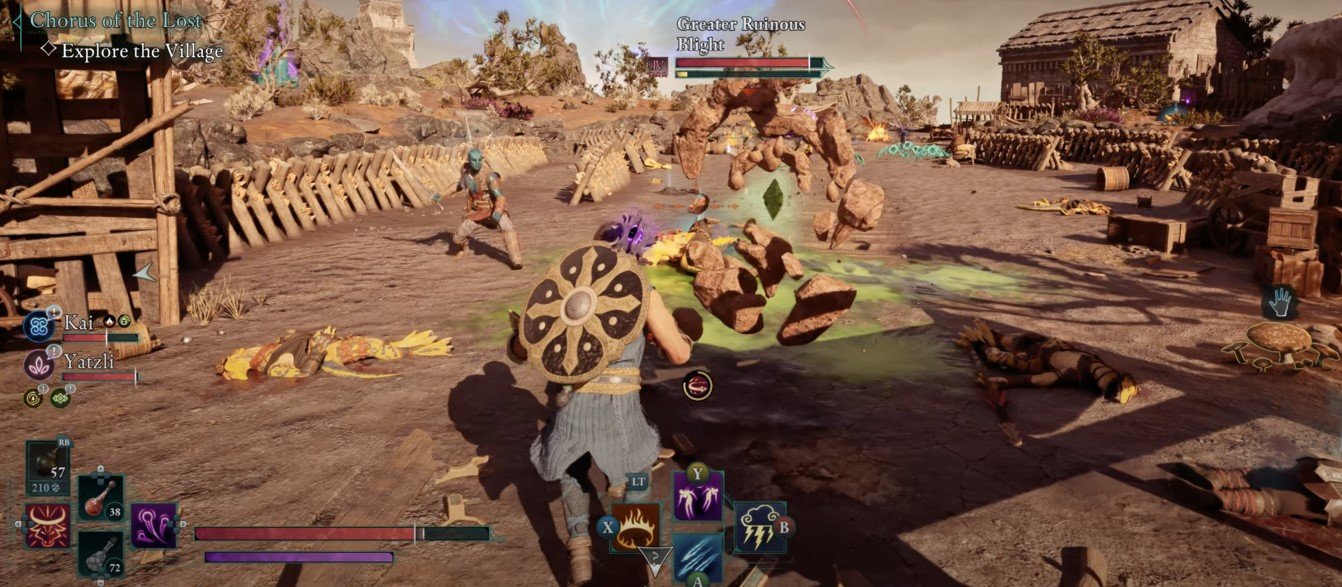 Image: youtube.com
Image: youtube.com
When creating Avowed, the developers at Obsidian seemed to be aiming for a true RPG masterpiece, but at the last minute, they realized they didn't have enough power and resources.
On one hand, the game's world is stunning. It features mushroom zombie lemurs and cities where every second NPC is ready to sell you a "Disappointer". But the plot and dialogues sometimes feel like a retelling of Dungeons & Dragons by someone who has no idea what D&D even is.
Salvation comes in the form of magic. You can forget about boring swords and pick up a spellbook to start zapping lizards with lightning like Palpatine. The world is vertical and full of secrets.
That's why Avowed is a strange but charming hybrid of a parkour shooter and a magical RPG, where the most fun comes from just running, jumping, and burning everything around you. The key is to play as a mage; otherwise, you’ll spend 30 hours swinging a sword, feeling a bit inferior.
Greedfall II
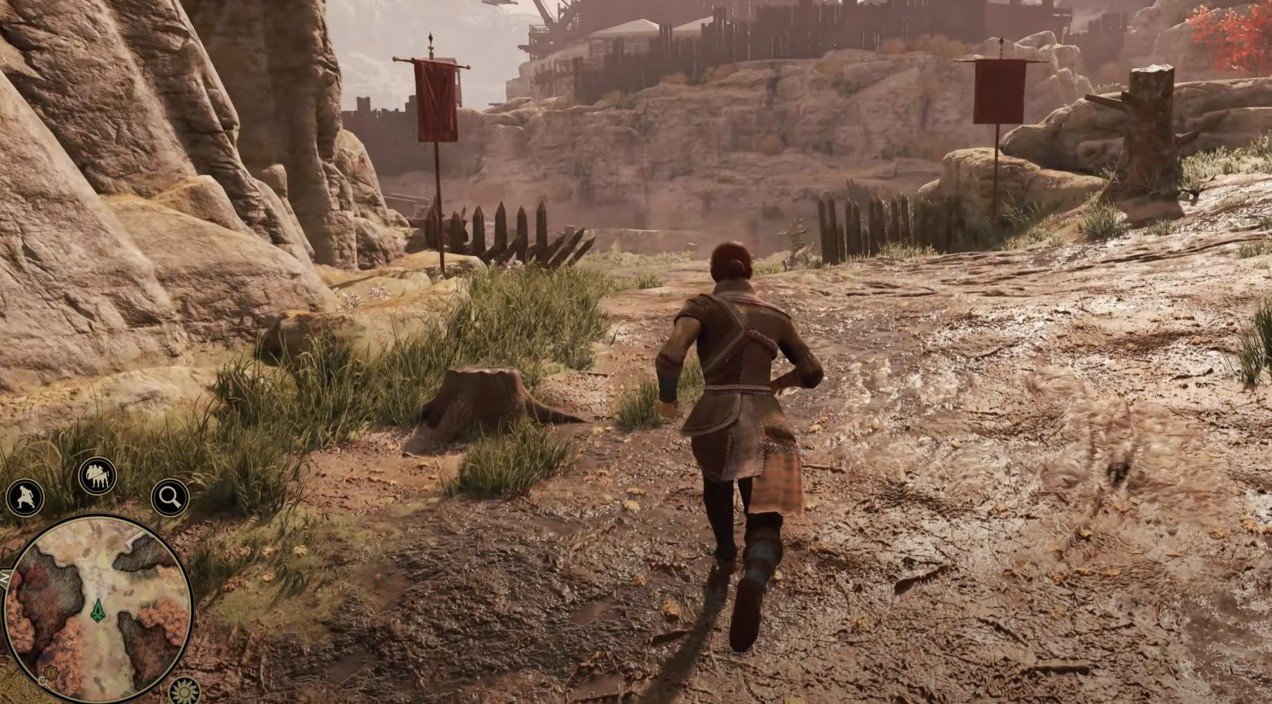 Image: youtube.com
Image: youtube.com
GreedFall II focuses on dialogue, and rightly so. It’s a true gift for those who love to chat. Here, you can solve a case in court by convincing a witness or simply plant evidence, just like in the best traditions of Forrest Gump.
However, stealth feels like trying to hide from guards in tall grass, with your character being the only one in the field wearing a bright red cloak. Tactical combat invokes nostalgia for Dragon Age and gradually becomes more engaging—especially when you realize you can pause the game and command your allies instead of just swinging your sword.
Compared to the first game, the graphics are prettier, and loading times are shorter. However, enemies still behave like they’re broken. GreedFall is a world where politics, magic, and betrayal intertwine into a big knot of intrigue. And untangling that knot is incredibly interesting.
Dragon’s Dogma 2
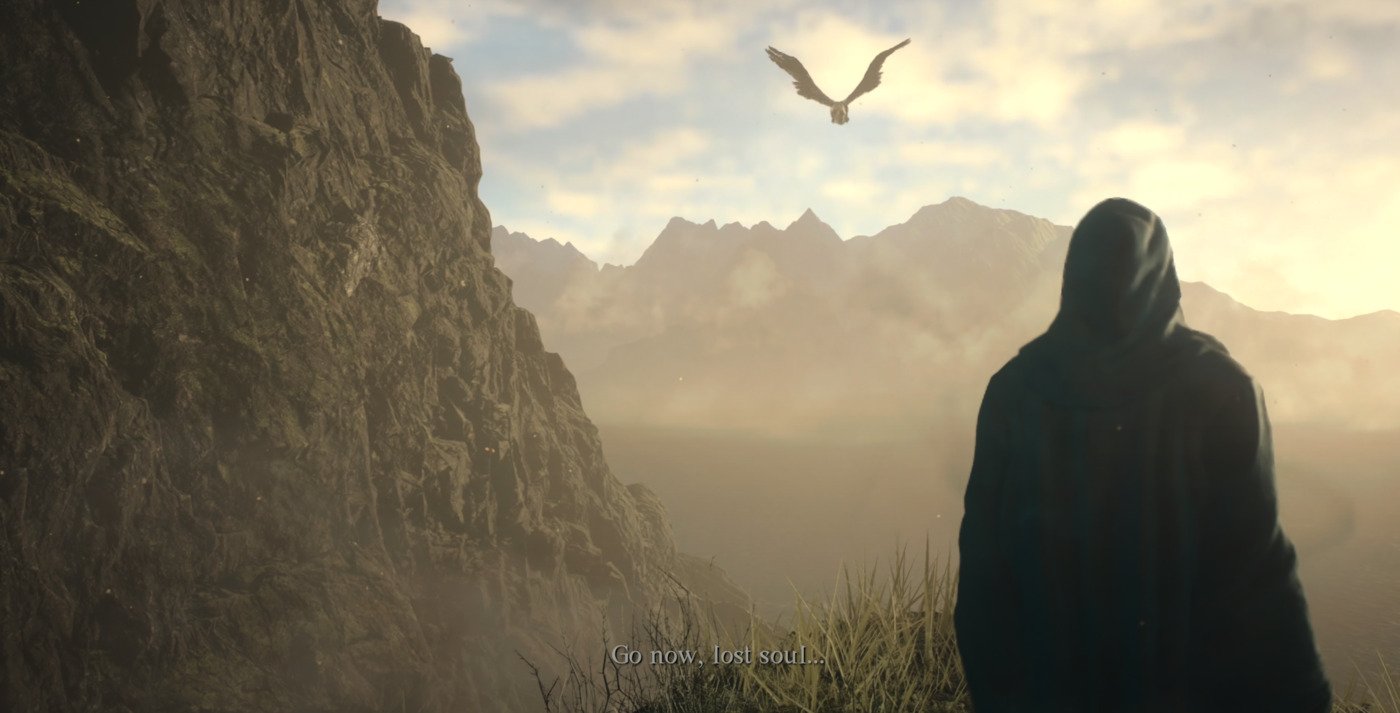 Image: youtube.com
Image: youtube.com
Imagine if the developers decided to combine Dark Souls, Monster Hunter, and Game of Thrones, then added a pinch of absurdity. You’re the chosen one (again), and your task is to fight a dragon (who would’ve guessed?). But the main twist of the game is the ally system.
The introduction of the companion interaction system was genius. It resulted in a crazy mix. Sometimes, they’re emotionless and calculating mercenaries capable of building a decent battle strategy, and other times, they fall into a river because they saw a shiny rock.
They can remember quests you haven't even started yet, but will happily run past you while you're writhing in agony from a cyclops' blow. The combat system here isn’t about endless dodge rolls but about strategy, preparation, and realizing that even the most powerful mage is helpless once they’ve been knocked off the battlefield.
You can use the environment, destroy dams, shoot from ballistae, or simply shove enemies off cliffs until they start pushing you. It’s especially fun when the dragon you've heroically climbed onto decides it’s now your personal airline and soars into the sky to drop you like unwanted luggage.
There’s also the "Dragon Plague"—a disease that makes your loyal companion suddenly decide you’re the main villain and starts beating you without warning.
Technically, the game still has issues, so only those with powerful PCs will get to enjoy it fully. But even that doesn't ruin the impression of a massive, detailed world where every fight feels like an epic trash action, and every ally is either your savior or the cause of a sudden game over.
Kingdom Come: Deliverance 2
 Image: youtube.com
Image: youtube.com
The first 10 hours of Kingdom Come: Deliverance 2 might make you hate the game—mainly because you might subconsciously expect something similar to Skyrim, but instead get a medieval peasant simulator, where even stealing a bow from a shop can earn you the eternal and shameful brand of "thief and scoundrel".
But here’s the thing: the game doesn’t want you to be a hero. It wants you to survive. Once you learn to fight not like a berserker but like a real person, KCD2 suddenly becomes one of the coolest immersive RPGs out there.
Combat here is a true fencing simulator. You have to choose the direction of your strike and block correctly—otherwise, even a couple of bandits can wipe the floor with you.
The story and dialogues are on the level of a good historical novel. The only thing that breaks immersion is the stealth system, which feels like your protagonist isn’t a knight, but a drunken bear in armor.
Lords of the Fallen
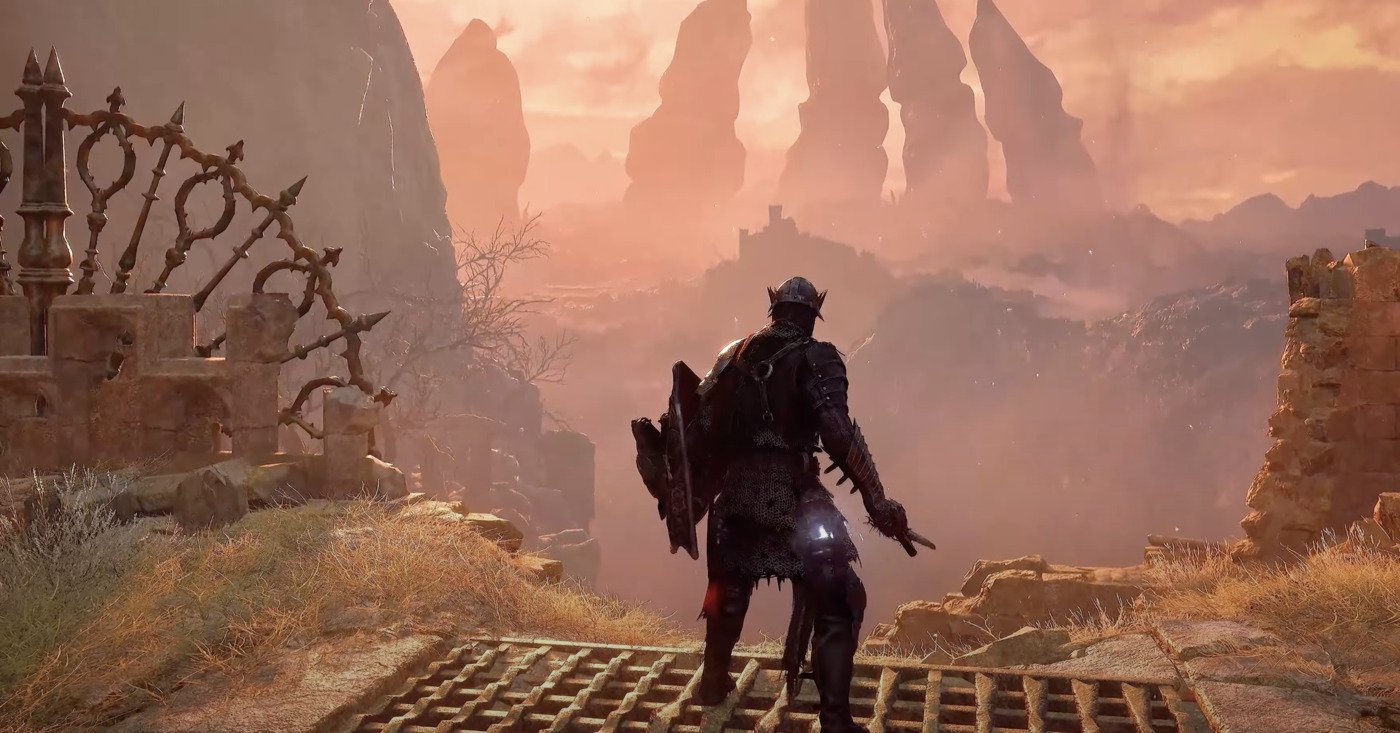 Image: youtube.com
Image: youtube.com
Lords of the Fallen begins with a brilliant mechanic. You have a lamp that lets you peek into the world of the dead—Umbral. One moment, an innocent corridor turns into a hellish tunnel of hanging corpses, and an impassable lake becomes a convenient path of bones.
The combat system here is reminiscent of Bloodborne mechanics. You lose health even when successfully blocking, but you can regain it by hitting enemies back. Sounds cool, but in practice, it often just pushes players toward simple tactics like spamming enemies with grenades or magic.
Switching between worlds seems like a genius idea at first, but quickly becomes exhausting. Instead of clever puzzles or atmospheric surprises, the developers just throw endless hordes of enemies at you. In the first half of the game, it still gets your adrenaline pumping, but by the midpoint, you just want to rush through the level to avoid yet another 10-minute slaughter.
Lords of the Fallen is a beautiful but tiring game. Its dual-reality concept is impressive, but doesn’t save it from repetitiveness. If you love a challenge, it might hook you. But if you value balance and thoughtful gameplay, be prepared to lower your expectations.
ELEX
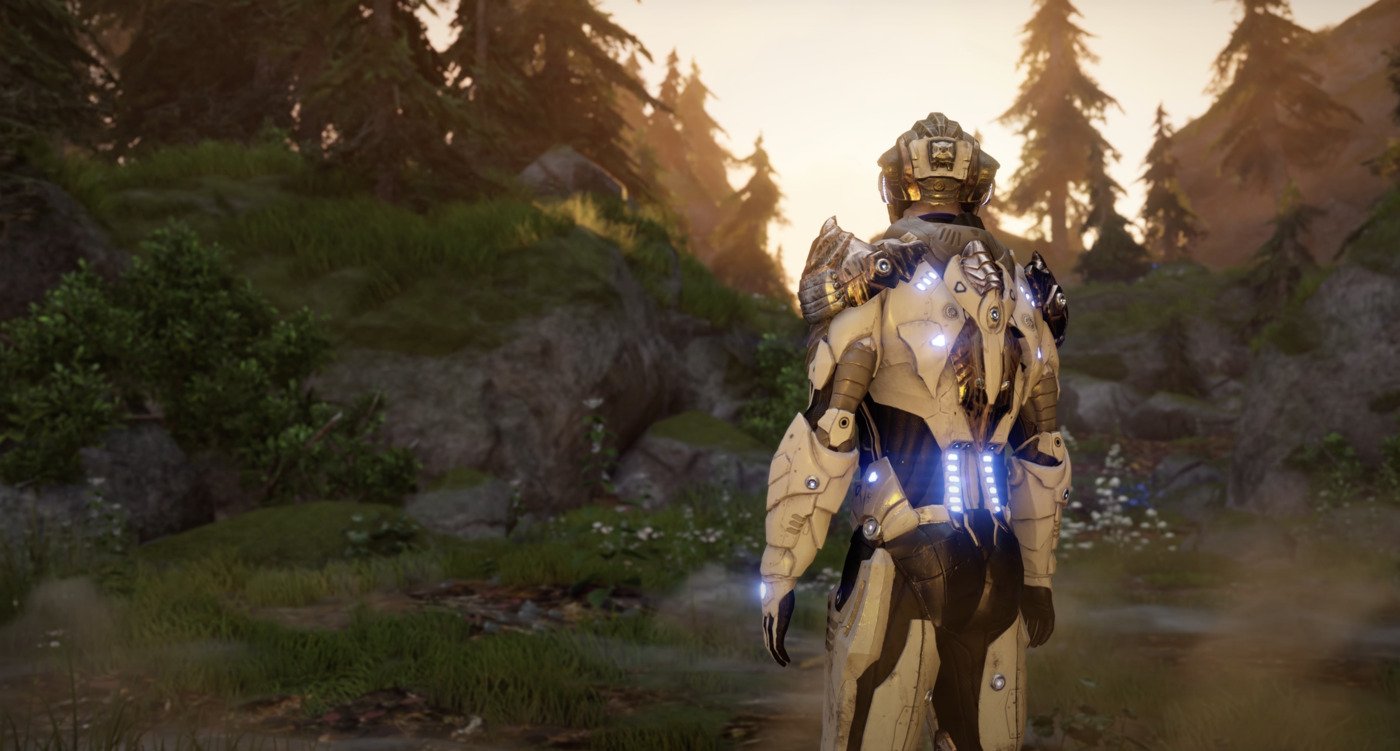 Image: youtube.com
Image: youtube.com
At first glance, ELEX looks like Skyrim thrown together on a shoestring budget. And yet, somehow, it keeps pulling you back in. That’s the paradox of this game. It’s hard to explain exactly why it works. Maybe it’s the quest system reminiscent of Fallout: New Vegas, offering real moral choices.
You’re not just running around with a sword and magic—you’re constantly navigating between factions, each filled with fanatics, anarchists, or cyber-exorcists. One way or another, you’ll get sucked into local political intrigue, where failing a quest won’t just get you a disappointed "oh well," but might actually ruin half the storyline.
The graphics and combat system raise some eyebrows, but the story is thoroughly enjoyable. And if you can endure the first couple of hours of dullness and bugs, you'll be rewarded.
Kingdoms of Amalur: Reckoning
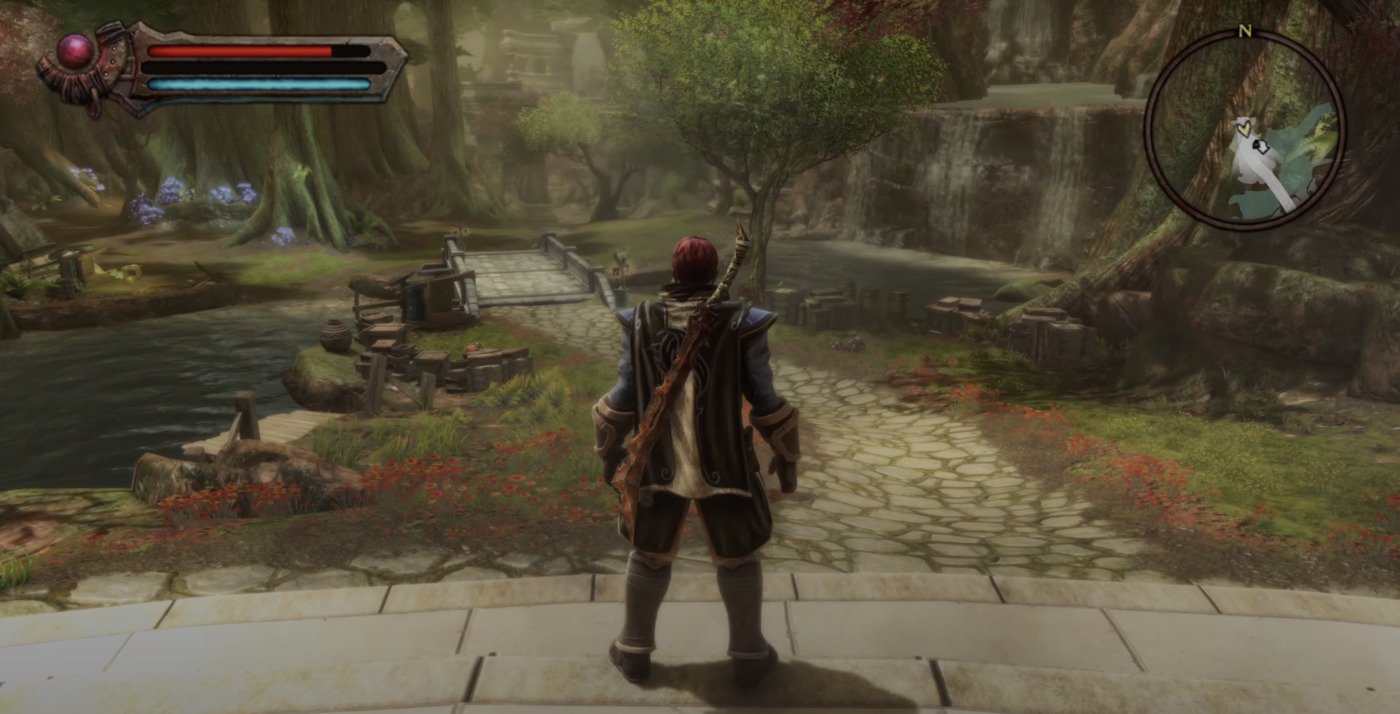 Image: youtube.com
Image: youtube.com
Kingdoms of Amalur: Reckoning isn’t a masterpiece. But the game definitely knows what it wants to be—a colorful, meaty RPG with a great combat system that may wear out your fingers, but brings joy to your soul.
The story? Well, it’s there. Kind of like a cheap fantasy novel you only read when your brain needs a break. The local elves, dwarves, and fairies literally can’t understand how you fit into this world as the hero.
But the combat system is a delight. It’s fun, fast-paced, and if you’ve ever dreamed of being a fantasy Ninja-Warrior-Mage with slow motion, chakra bombs, and an axe the size of a wild boar, this is the game for you.
It’s not the kind of game that will change your life. But it’s a great example of how to take a hundred familiar elements, spice them up with a satisfying combat system, and create something surprisingly energetic.
Dragon Age: Inquisition
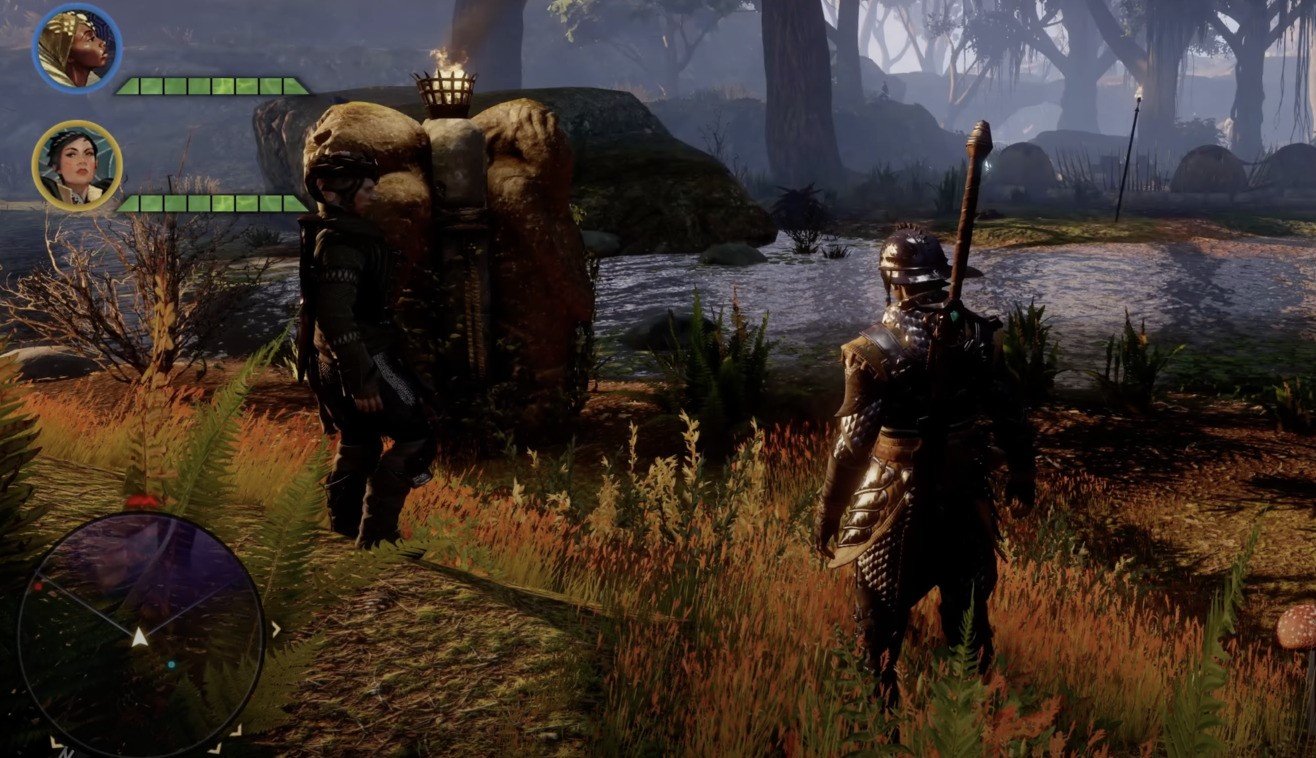 Image: youtube.com
Image: youtube.com
Unlike most games with maps overloaded with icons, which turn you into a collector of virtual junk, Inquisition offers a different experience.
On the map, you send your assistants to carry out secret missions and then read their reports. You start to feel like you’re not just leading a group of adventurers, but managing a full-fledged spy-diplomatic empire. It’s all very grown-up.
This is a story not about "the world is in danger," but about "the world is in danger because of you." The game manages to be simultaneously serious, epic, and slightly absurd. And that’s part of its charm.
Middle-earth: Shadow of War
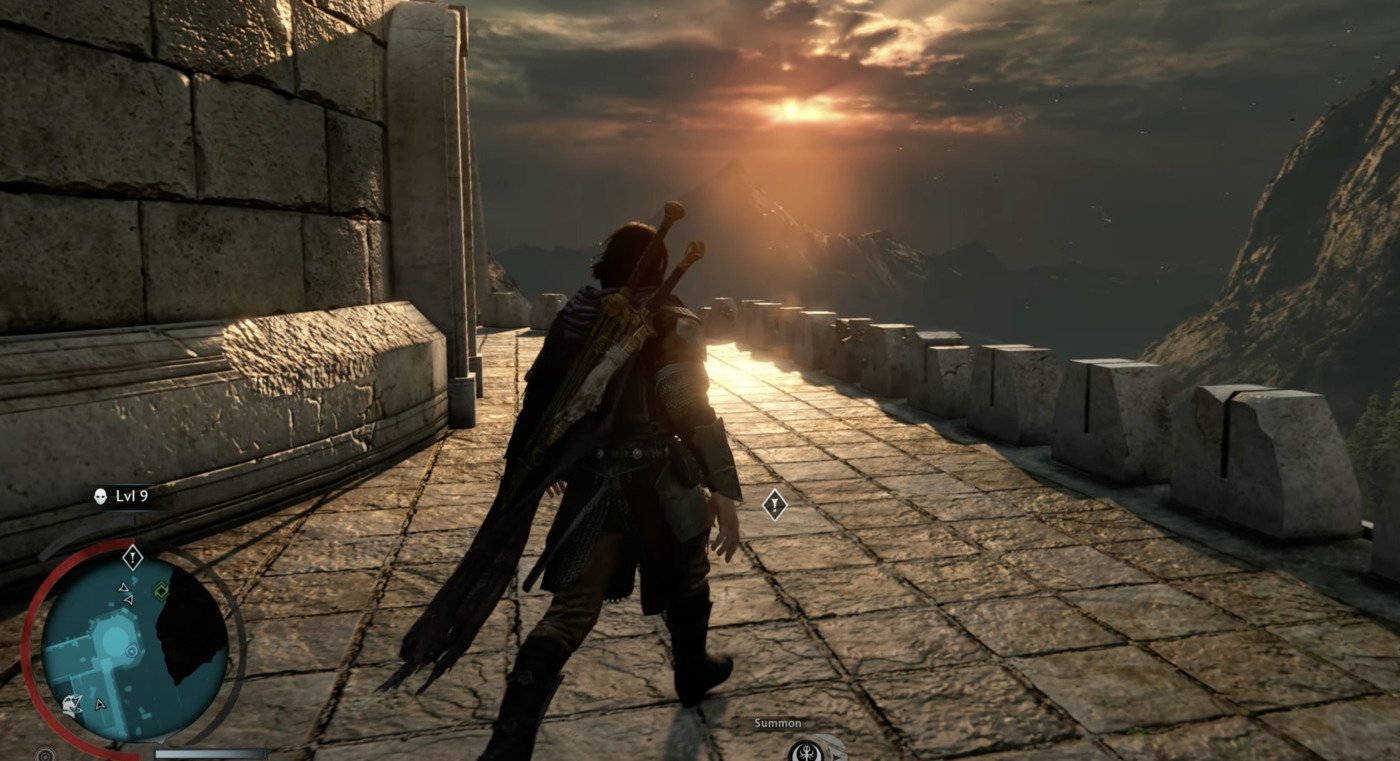 Image: youtube.com
Image: youtube.com
Shadow of War isn’t just a game where you recruit orcs. It’s a full-fledged social simulator with very nasty companions. You’ll need to carefully review their resumes because the local uruks don’t just swing axes—they have character, ambitions, and views on life. It’s a shame, though, that after a few amusing dialogues, they either die by your sword or disappear into oblivion.
The main entertainment of the game is siege battles, where you storm fortresses with armies of your subordinates. However, after the tenth identical siege, you realize the game just doesn’t know when to stop. The final is artificially stretched, forcing you to endlessly level up your army and defend the same fortresses over and over again.
There’s also a leveling system that makes you suffer. Want to pick up items just by stepping on them? Spend a skill point. Want to figure out what bonuses your swords give? Another point, please.
Mount & Blade II: Bannerlord
 Image: youtube.com
Image: youtube.com
A project where you can play however you want. You can fulfill your ambitions as a strategist, sending poor peasants into battle while you, like a noble coward on horseback, command from a safe distance and look for anyone to accidentally knock over.
All this is accompanied by the sound of swords clashing, the rumble of armor, and the screams that make even your boring kettle with boiling water part of the epic soundtrack. The graphics are very impressive compared to the first game. And although the faces of the characters still look like they were drawn by schoolchildren who are fanatical about Oblivion,
All the locations are perfect for setting up epic battles. And the battles themselves are probably the reason to launch the game. But the characters here are dull, and the dialogues repeat. When you finally create your kingdom, you realize that the game is playing with you, not the other way around. Still, people choose Mount & Blade II: Bannerlord for the freedom to be whoever you want.
And so, you've roamed through dusty taverns, magical forests, and bugged dungeons. Enemies tried to kill you in some places, the camera in others, and the combat system in yet others. But even in the weirdest and most flawed RPGs (and that's exactly how the TES series was), there’s something captivating. So, choose your hero, grab your sword (or spellbook), and get ready to save the world once again.
Main image: ensigame.com

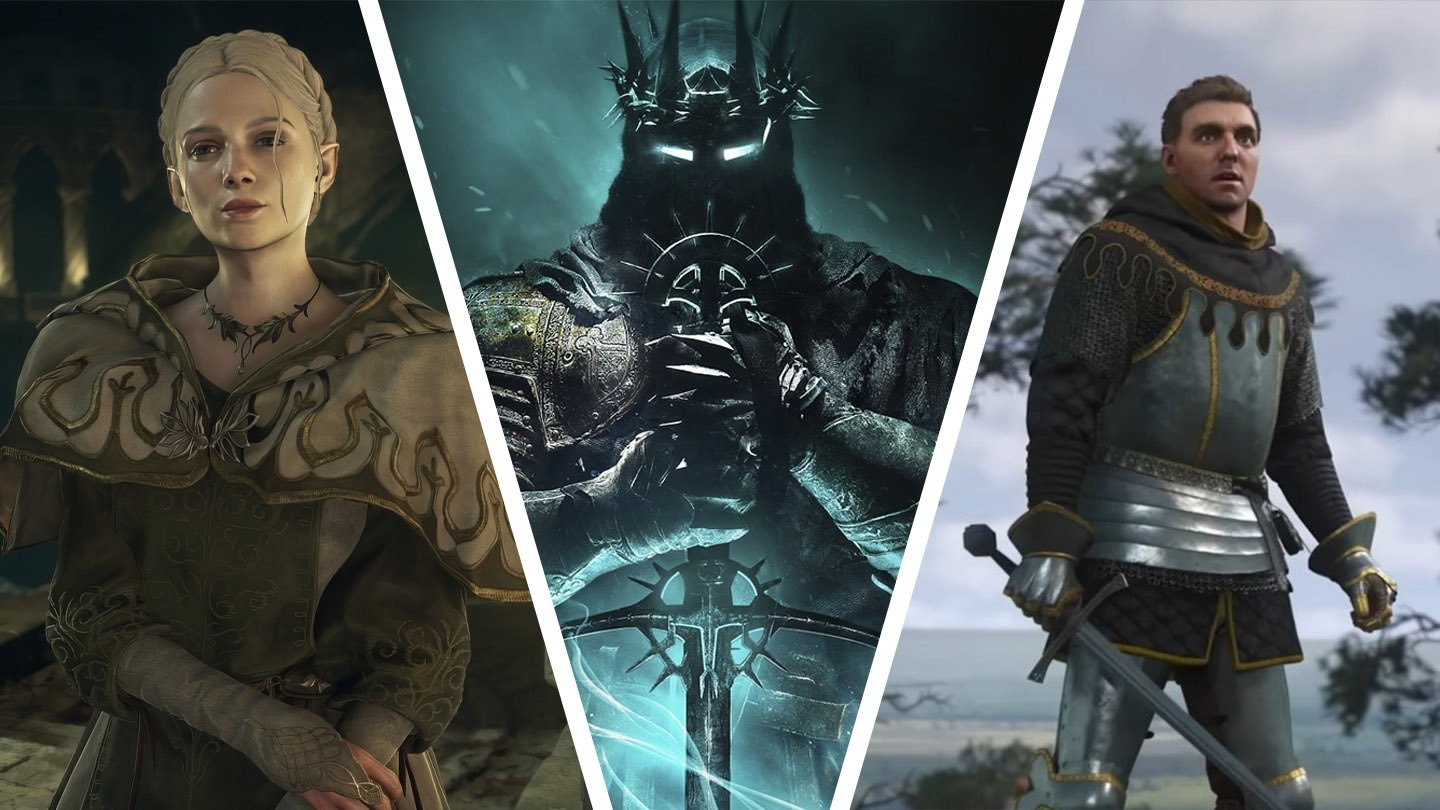
 Alexey "Alexi Emerald" Proschaylo
Alexey "Alexi Emerald" Proschaylo


















0 comments